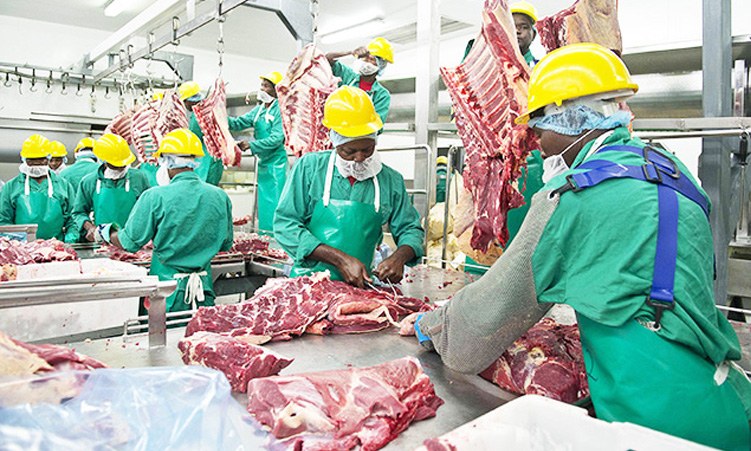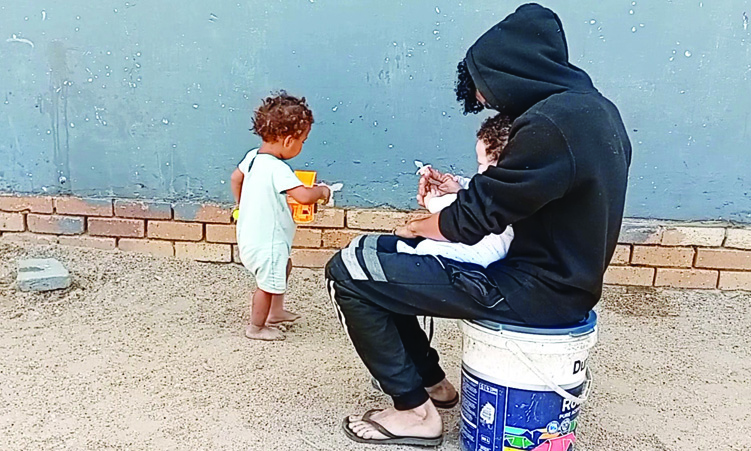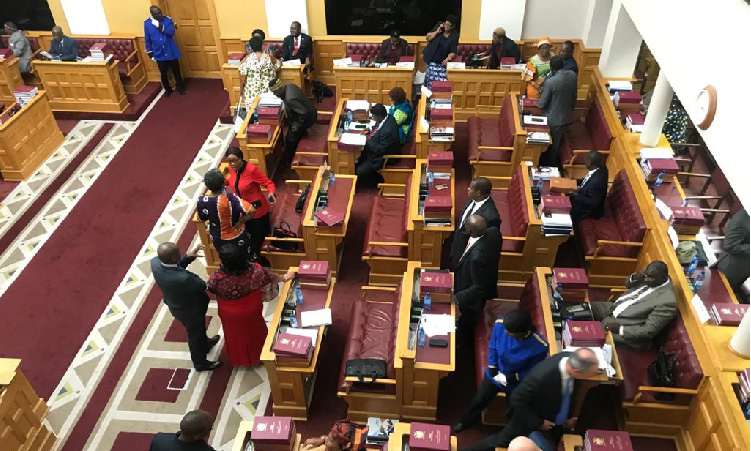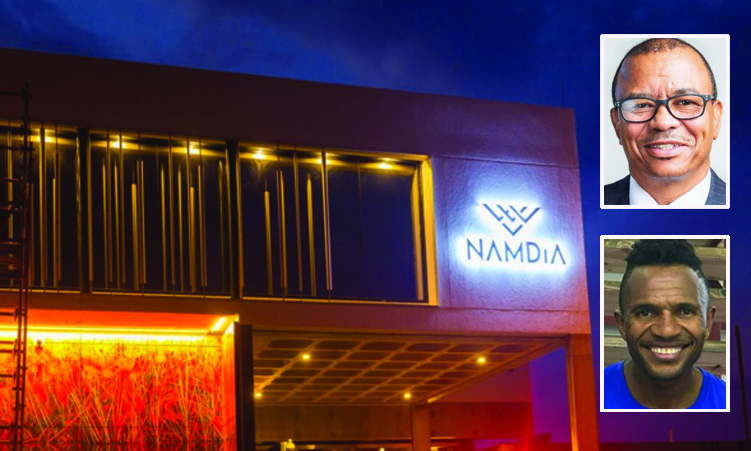FOUR foreign visitors to Namibia – Chinese and South Africans – were killed in two separate car accidents on coastal routes over the Easter weekend.
The first accident, in which five cars were allegedly involved, took place on Friday morning about 25 km outside Usakos. According to the Erongo Police chief, Deputy Commissioner Festus Shilongo, two vehicles were allegedly travelling at high speed in the direction of Usakos.The vehicle at the rear tried to overtake the one in front when three vehicles approached in the opposite direction.In an attempt to avoid a head-on collision, all three vehicles travelling towards Swakopmund veered off the side of the road and overturned, while the other two vehicles allegedly raced on, according to Shilongo.Nine people were in the three vehicles that overturned.In the first vehicle, there were six occupants.A Chinese national died on the spot, while the other five, said to include Angolan, Chinese and Namibian nationals travelling from the North, sustained serious injuries and were transported to Windhoek for treatment.The three occupants of the remaining two cars sustained less severe injuries, while the one driver allegedly fled from the scene, Shilongo said.Shilongo said no one had been arrested, and that no clear identification of the alleged culprit could be made since it was dark at the time of the accident.In another accident, three South Africans, which included a father and his 15-year-old son, were killed after the vehicle they travelled in left the road and overturned.They were allegedly travelling from Durban to the coast.The accident took place on Friday between Arandis and Usakos.Shilongo suspected that speeding was to blame, causing the driver to lose control of the vehicle around a bend.Of the five occupants, the driver and his son, and a female passenger, were killed.The two other occupants sustained serious injuries and were transported to Swakopmund hospitals.The names of the victims have not yet been released, as their next of kin must first be informed throught their embassies.Aubrey Oosthuizen of International SOS, who is the co-ordinator of the West Coast Safety Initiative, says it was a “dark Easter” compared to last year.No road fatalities were reported at the coast last Easter.Oosthuizen said the biggest traffic problems were failure to wear seat belts, unsecured children in cars, and not switching on headlights.Despite the high death toll, Oosthuizen said the coastal roads were quieter than last Easter, with nearly 50 per cent fewer cars passing check points peak times than last year.Last year, more than 600 vehicles per hour were counted at the start of the weekend, while this year 320 cars an hour were counted during peak traffic.According to the Erongo Police chief, Deputy Commissioner Festus Shilongo, two vehicles were allegedly travelling at high speed in the direction of Usakos.The vehicle at the rear tried to overtake the one in front when three vehicles approached in the opposite direction.In an attempt to avoid a head-on collision, all three vehicles travelling towards Swakopmund veered off the side of the road and overturned, while the other two vehicles allegedly raced on, according to Shilongo. Nine people were in the three vehicles that overturned.In the first vehicle, there were six occupants.A Chinese national died on the spot, while the other five, said to include Angolan, Chinese and Namibian nationals travelling from the North, sustained serious injuries and were transported to Windhoek for treatment.The three occupants of the remaining two cars sustained less severe injuries, while the one driver allegedly fled from the scene, Shilongo said.Shilongo said no one had been arrested, and that no clear identification of the alleged culprit could be made since it was dark at the time of the accident.In another accident, three South Africans, which included a father and his 15-year-old son, were killed after the vehicle they travelled in left the road and overturned.They were allegedly travelling from Durban to the coast.The accident took place on Friday between Arandis and Usakos.Shilongo suspected that speeding was to blame, causing the driver to lose control of the vehicle around a bend.Of the five occupants, the driver and his son, and a female passenger, were killed.The two other occupants sustained serious injuries and were transported to Swakopmund hospitals.The names of the victims have not yet been released, as their next of kin must first be informed throught their embassies.Aubrey Oosthuizen of International SOS, who is the co-ordinator of the West Coast Safety Initiative, says it was a “dark Easter” compared to last year.No road fatalities were reported at the coast last Easter.Oosthuizen said the biggest traffic problems were failure to wear seat belts, unsecured children in cars, and not switching on headlights.Despite the high death toll, Oosthuizen said the coastal roads were quieter than last Easter, with nearly 50 per cent fewer cars passing check points peak times than last year.Last year, more than 600 vehicles per hour were counted at the start of the weekend, while this year 320 cars an hour were counted during peak traffic.
Stay informed with The Namibian – your source for credible journalism. Get in-depth reporting and opinions for
only N$85 a month. Invest in journalism, invest in democracy –
Subscribe Now!









